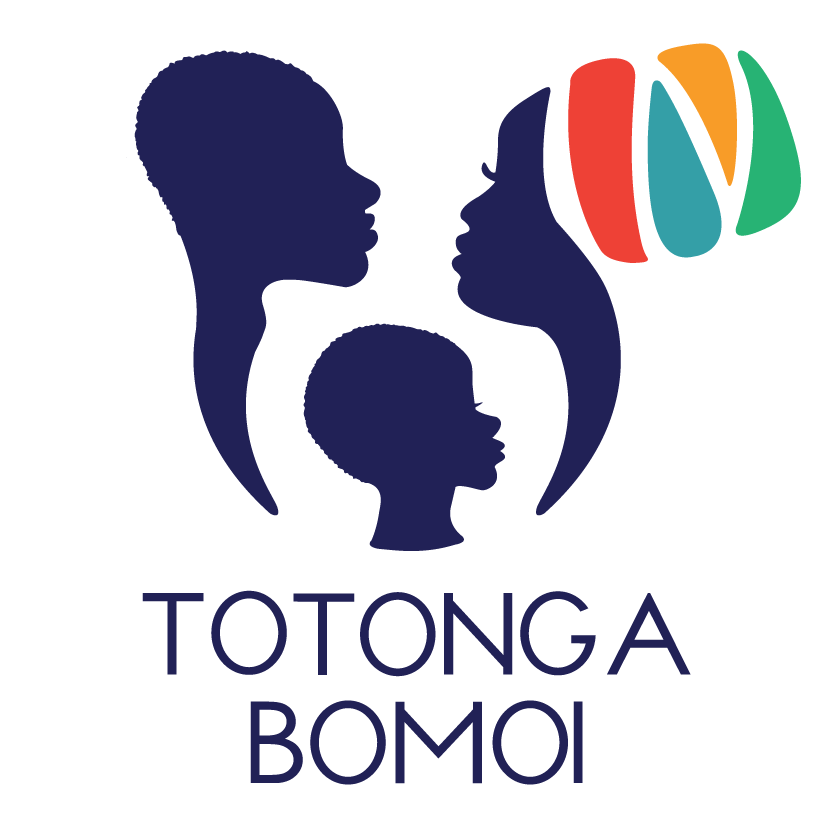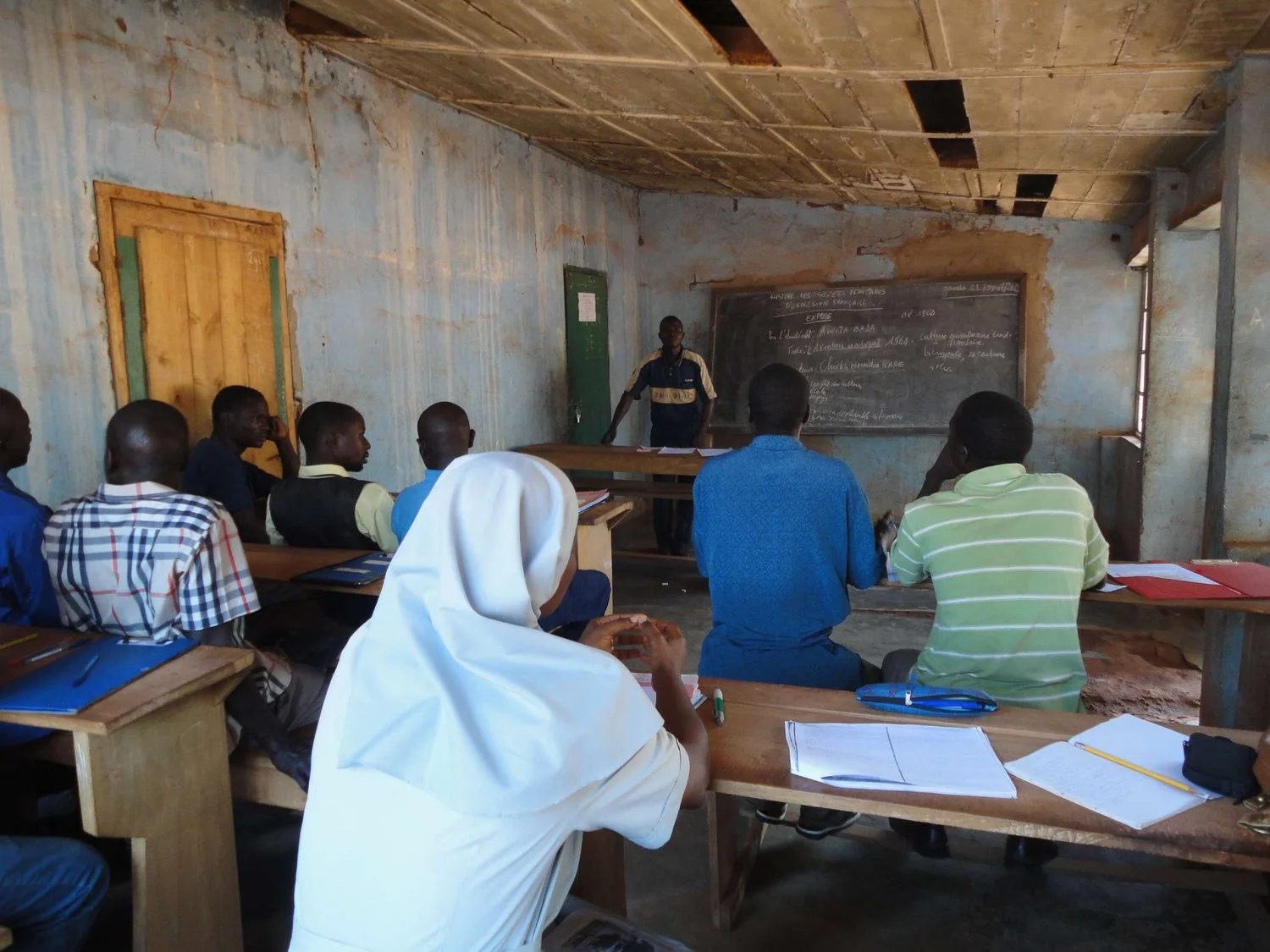Pope Francis recently addressed the Bishops of the Democratic Republic of Congo in Vatican City. The message was to work for a society based on respect for the dignity of the person. By encouraging religious leaders to support all possibilities for human, spiritual, and professional formation, Pope Francis called upon the Church and Her people to reach out to those in need: to those whom the atrocities of life has wounded.
The Congo is a country in the heart of Africa. As a volunteer for the Canossian Daughters of Charity, I spent a year in the village of Aru, located near the borders of Uganda and South Sudan. The Canossian Sisters were founded by St. Magdalena of Canossa in 1808 and approved by Pope Leo XII in 1868. They have been serving missions throughout the world since 1860.
Once during my visit to Aru’s local university, a one-room dilapidated building made of crumbling clay and brick, the students were examining the effects of colonialism. I listened as they described the shameful treatment of preexisting African kingdoms and tribes by the Europeans, as well as the injustices of the slave trade.
They discussed disease and the deadly effects of what is referred to as the ‘resource curse’ which derives its name from Congo’s near limitless supplies of coal, uranium, gold, diamonds, and cobalt, making the country vulnerable to looting and violent conflict. Additionally, the students mentioned the dozens of currently active rebel and militia groups throughout Congo, including armed groups along its borders where there is no hesitation, or retribution, for enlisting child soldiers and using rape as a weapon of war. The university students, who were all male, also lamented that Congo remains one of the most dangerous countries in the world to be a woman.
At this point, you may find yourself asking: In a country so visibly damaged and their human dignity seemingly shattered, how can there be hope?
Then, surprising me, one student stated that despite human suffering, the teachings of Jesus Christ, transmitted by early European missionaries, brought salvation to Africa. The rest unanimously agreed.
Before departing, my good friend Mama Aroyo asked for help generating income to build a home for her family. Recognizing her talent as a seamstress, I requested that she make 25 African handbags that I could sell to family and friends in the U.S. Soon after Mama Aroyo received her profits, other village women expressed interest in doing likewise: giving us the idea and courage to create an artisan’s cooperative.
A cooperative is a group of individuals who voluntarily join together for shared economic, social, and cultural benefits. Due to lack of government presence and support, cooperatives are key to the positive growth and formation of communities in the developing world. Our cooperative, Totonga Bomoi, which means “Build Our Future,” has launched a 30-day campaign to fundraise $8,500 in start-up capital. This investment will establish the first artisan cooperative in Aru. It will engage a post-conflict society in the global market and provide an income to 10 local families. This is only the beginning.
When Pope John Paul II published Laborem Exercens (“On Human Work”), he wrote: “Work is a good thing for man, a good thing for his humanity, because through work, man not only transforms nature, adapting it to his own needs, but he also achieves fulfillment as a human being and indeed, in a sense, becomes more a human being.”
Pope Francis reminds us to serve Christ by living a life of love, kindness, and compassion so that the principles of social justice can be seen throughout the world. The inspiring women and families involved in our cooperative are a sign of hope, and their desire for a brighter tomorrow is our mission.


